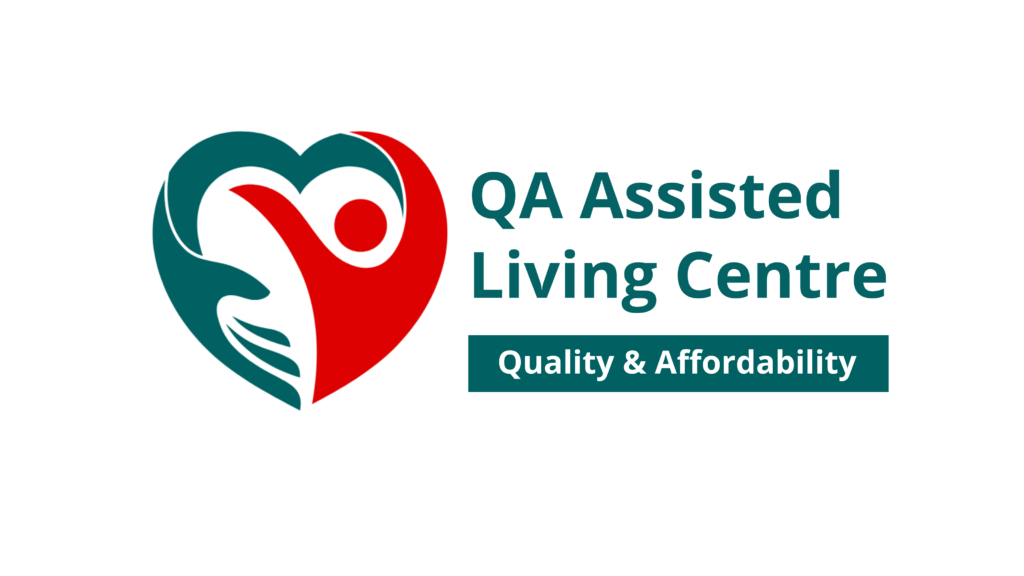Cancer Care

Cancer care services encompass a comprehensive approach to support individuals diagnosed with cancer and their families throughout the entire cancer journey. This includes prevention, diagnosis, treatment, recovery, and palliative care. Here are the key components of cancer care services: 1. Comprehensive Assessment and Diagnosis Initial evaluations and diagnostic tests to determine the type and stage of cancer, ensuring an accurate understanding of the condition. 2. Personalized Treatment Plans Development of individualized treatment strategies tailored to the specific cancer type, stage, and patient preferences. This may include surgery, chemotherapy, radiation therapy, immunotherapy, or targeted therapy. 3. Symptom Management Ongoing management of symptoms and side effects related to cancer and its treatment, such as pain, nausea, fatigue, and emotional distress. 4. Psychosocial Support Counseling and support groups to help patients and families cope with the emotional and psychological challenges of a cancer diagnosis, including anxiety and depression. 5. Nutritional Counseling Guidance on nutrition and dietary needs during treatment to support overall health and well-being, addressing issues like appetite changes and dietary restrictions. 6. Rehabilitation Services Physical and occupational therapy to help patients regain strength, mobility, and independence after surgery or treatment, enhancing quality of life. 7. Care Coordination Collaboration among a multidisciplinary team of healthcare providers, including oncologists, nurses, social workers, and specialists, to ensure comprehensive care. 8. Palliative and End-of-Life Care Support focused on comfort and quality of life for patients with advanced cancer, providing symptom relief and emotional support for both patients and their families. 9. Education and Resources Information and resources to help patients and families understand their diagnosis, treatment options, and available support services. 10. Follow-Up and Survivorship Care Regular follow-up care to monitor for recurrence, manage long-term side effects, and support survivors in maintaining their health and well-being after treatment. Cancer care services prioritize holistic support, addressing the physical, emotional, and social needs of patients and their families to enhance their quality of life throughout the cancer journey.
